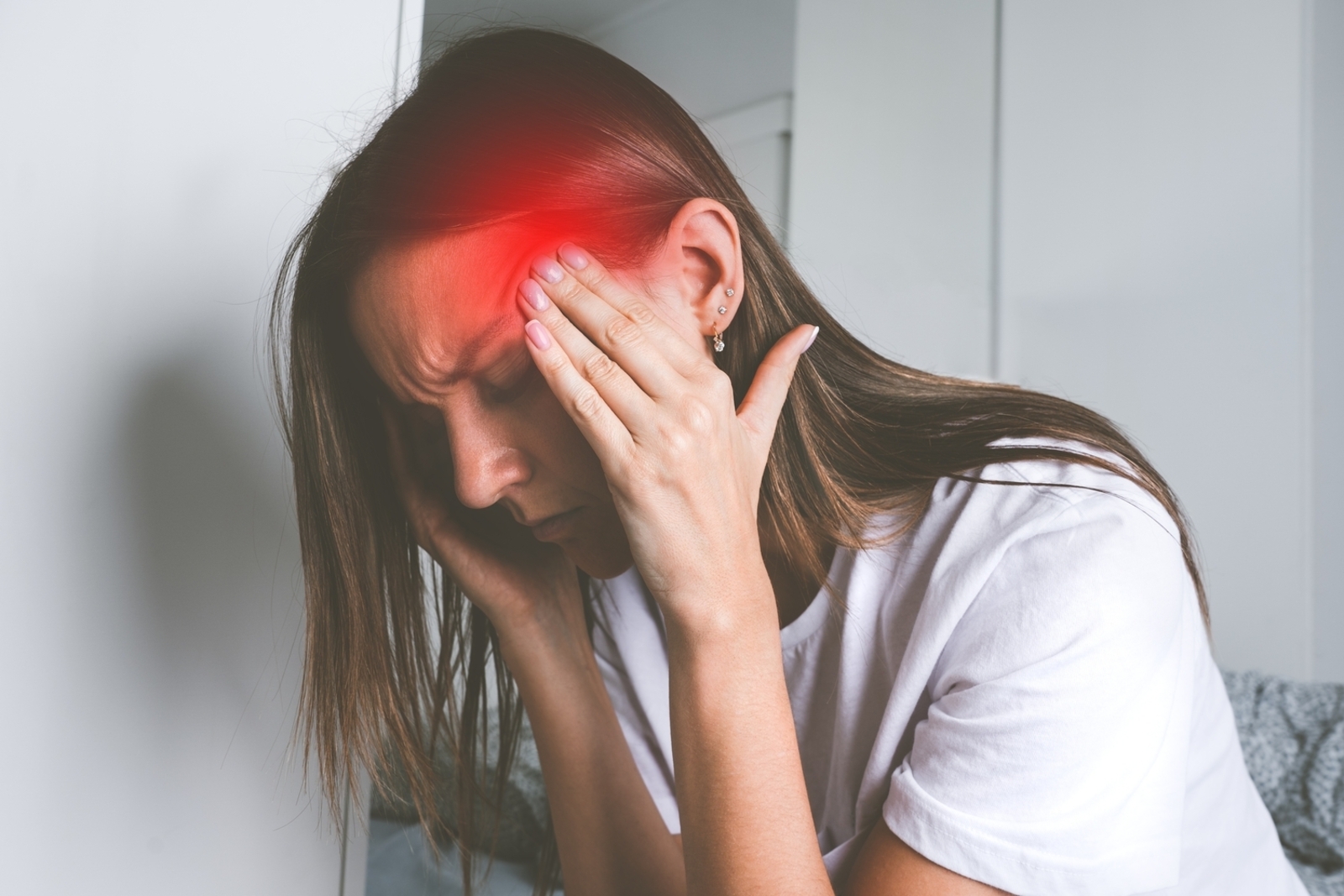
Treatments to Stop Headaches from These 5 Triggering Smells
Are you someone who suffers from migraines or headaches? If so, you know all too well how debilitating they can be. It’s not just the pain that’s the problem. The top five triggering smells for headache and migraine sufferers are:
- Perfume: Body sprays, perfumes, colognes and even strong scented soaps.
- Smoke: From cigarettes, cigars, vape pens, and campfires.
- Chemical cleaners: These often contain harsh chemicals like bleach.
- Food smells: Pungent scents from onions, garlic, fried foods, and spices.
- Car exhaust: Pollution and car exhaust in congested areas can trigger migraines and headaches.
All of these odors can trigger the onset of a migraine or headache. In this article, we’ll explore some of the treatments for migraines and headaches that can help, including Advil, Excedrin, and other over-the-counter pain relievers, as well as prescription migraine medications:
1. Avoiding headache triggers
One of the most effective treatments for migraines and headaches is to avoid triggers. This means identifying what smells, foods, or activities trigger your headaches and then taking steps to avoid them. Common triggers include dehydration, alcohol, chocolate, citrus fruits, and processed foods. Keep a headache diary to track your symptoms and identify patterns.
2. Over-the-counter pain relievers
Over-the-counter pain relievers such as Advil and Excedrin can be effective at reducing the pain and discomfort of migraines and headaches. These drugs work by reducing inflammation and constricting blood vessels in the brain. However, it’s important to follow the instructions on the label carefully and not to exceed the recommended dosage.
3. Sip caffeine
Caffeine is a stimulant that can help reduce the pain of migraines and headaches. It works by constricting blood vessels in the brain and blocking the action of adenosine, a chemical that can cause pain. However, it’s important to be careful not to overdo it with caffeine, as too much can actually trigger a headache.
4. Nonsteroidal anti-inflammatory drugs
Nonsteroidal anti-inflammatory drugs (NSAIDs) such as aspirin, ibuprofen, and naproxen can also be effective at reducing the pain and discomfort of migraines and headaches. These drugs work by reducing inflammation and constricting blood vessels in the brain. However, like with over-the-counter pain relievers, it’s important to follow the instructions on the label carefully and not to exceed the recommended dosage.
5. Prescription migraine medications
If over-the-counter treatments are not effective at reducing the pain and discomfort of migraines and headaches, your doctor may prescribe a migraine medication. These drugs include triptans, ergotamine, beta-blockers, or calcitonin gene-related peptide antagonists. These drugs work by constricting blood vessels in the brain and blocking the action of chemicals that cause pain.
In conclusion, migraines and headaches can be debilitating, especially when triggered by common smells. Fortunately, there are a variety of treatments available that can help, including avoiding triggers, over-the-counter pain relievers, sipping caffeine, NSAIDs, and prescription migraine medications. Talk to your doctor about which treatment options may be right for you.




